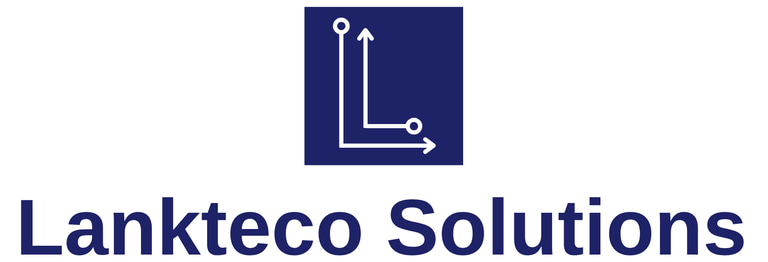Facilitating Intercultural Communication
German American Business Styles and Cultural Differences
Effective communication is critical when German companies work with U.S. teams. When German headquarters collaborate with American subsidiaries, cultural differences can raise major challenges that affect efficiency and success. Recognizing these differences and addressing them is critical for successful collaboration. By embracing cultural diversity, teams can communicate effectively and work together seamlessly, allowing individuals to learn from different perspectives and navigate business interactions with confidence.
Overcoming cultural differences is one of our specialties. Our founder, Christian Lankeshofer, is German American and has worked with international companies in both countries. We know firsthand that these differences can become a major obstacle if not addressed proactively. Effective internal communication is the key for cross-cultural teams to work efficiently together.


Key Cultural Differences in Communication
Directness vs. Diplomacy
Germans typically value directness and clarity, addressing issues head-on without ambiguity. This straightforwardness ensures that all parties understand expectations and responsibilities. In contrast, Americans often employ a more diplomatic approach, emphasizing positivity and tact to maintain harmony and avoid potential conflicts.
Formality vs. Informality
Germans tend to be formal in their interactions. They use appropriate titles and know their place in the hierarchy. This formality is considered a sign of respect and professionalism. Americans, on the other hand, tend to be more informal. They quickly shed their titles and embrace first names to create a relaxed atmosphere. Americans believe this approach leads to better relationships and enables communication to flow more freely.
Analytical vs. Solution-Oriented
Germans tend to be analytical. They take the time to study problems, identifying all possible pitfalls before proceeding. To Americans, this approach can feel negative. Americans tend to be solution-oriented. They imagine all possibilities and execute their plans with speed and agility, an approach that Germans may find rash or superficial.
How We Improve Cross-Cultural Communication
Training for Intercultural Communication Competence
We offer interactive training programs that help your teams to:
Develop Cultural Awareness
Help your employees better understand the key differences between German and American business cultures and foster greater mutual respect and understanding.
Improve Communication Competence
Provide your employees with the practical tools they need to adapt their communication style and ensure their message is conveyed correctly across cultures.
Stimulate Collaboration
Break down cultural barriers and create an inclusive environment that values diversity and encourages diverse perspectives.
Leadership Coaching
Effective leadership in international settings requires cultural fluency. Our coaching focuses on:
Navigating Cultural Nuances
Help leaders understand how cultural differences affect management approaches, decision-making, and what employees expect.
Building Trust Across Borders
Provide practical strategies to establish and maintain trust with international teams as the foundation of cohesive operations.
Conflict Resolution
Equip leaders with tools to address and resolve conflicts stemming from cultural misunderstandings before they impact productivity.
Customized Consulting Services
Every organization has unique challenges to overcome. That’s why we offer consulting services that:
Assess Organizational Culture
We’ll assess your existing cultural dynamics and provide specific recommendations for improvement.
Develop Integration Strategies
We’ll create a customized plan to integrate German and American business practices, considering your company’s goals and values.
Facilitate Workshops and Seminars
Our interactive workshops and seminars will address specific cultural challenges and help teams develop solutions through an open discussion.
Enable Internal Communications Teams
Develop best practices to adapt to technology and a hybrid work environment, and to engage employees with personalized communication strategies that support organizational goals.
The Benefits of Cross-Cultural Communication
Effective cross-cultural communication is a worthwhile investment because it delivers many bottom-line business benefits that can improve your company’s performance. These benefits include:
Reducing misunderstandings and errors that slow work down and reduce efficiency
Improving operations and decision-making processes, which also improve efficiency
Increasing employee satisfaction when they work in a respectful, supportive environment
Reducing costly turnover when employees are more satisfied and less likely to leave
Strengthening your business relationships when you are more culturally sensitive and responsive to the needs of clients, suppliers, and other stakeholders
Companies that gain a reputation for being culturally competent are more attractive to international markets and global talent. These strategies for effective cross-cultural communication are practical and effective and can help you achieve successful intercultural interactions and international business results.
Intercultural Communication: Key to Global Success
In today’s interconnected world, competency in intercultural communication is a necessity. When your company can understand and bridge cultural gaps between German HQs and U.S. subsidiaries, it will be able to realize its full potential and drive international success. Finding the right balance between your own culture and new cultural influences is key to successful adaptation, allowing your teams to maintain their identity while embracing aspects of different business cultures.
Let's improve your cross-cultural communication to achieve outstanding business results!
